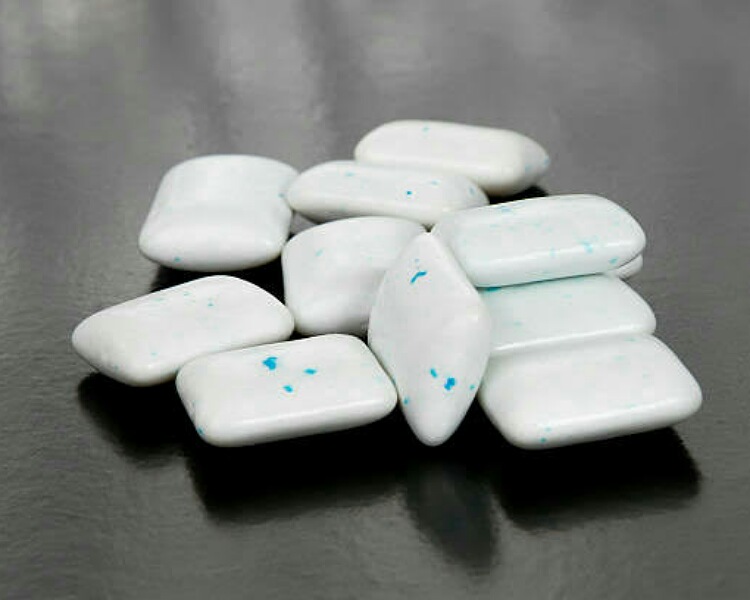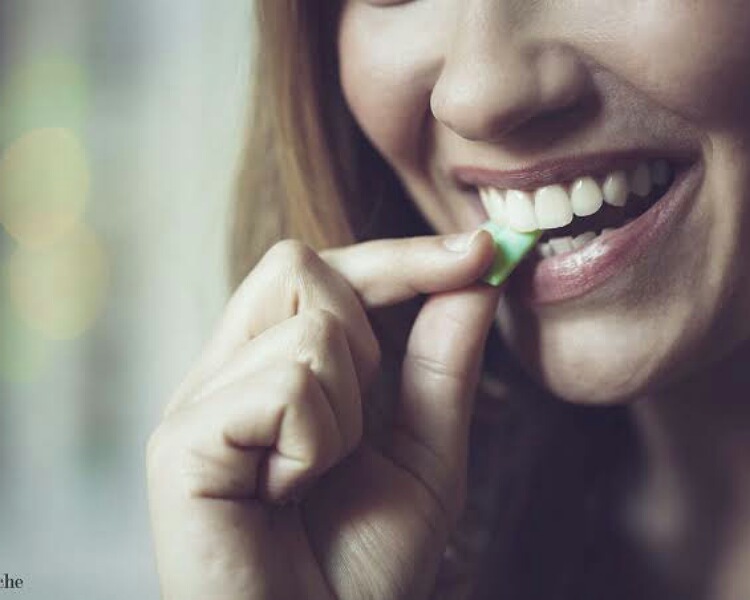Sugar free chewing gum has a huge market. It came as a replacement for the sugary chewing gums of yesteryears. There are claims that it has a great lot of other health benefits. But is it healthy? Are there any associated hidden side effects?
Sugar free chewing gum
We all remember in our childhood days on crying for and chewing on sugary chewing gums. We were warned to avoid them because of their ill effects on the teeth. The sugar in them sits in the mouth and can lead to bacterial overgrowth, plaque formation, cavities, and bad oral health.

Further research led to the creation of sugar free chewing gums that is better than the past sugary ones. The sugar free chewing gum has a lot of health benefits claims tagged with it. It is considered good for teeth and oral health. Some of these chewing gum brands have also managed to get the seal of approval of the American Dental Association (ADA).
How true are these claims? Are there any unrevealed side effects? Before you purchase your next packet of them, read on to know the risks.
Health benefits claims
Decreases tooth cavities and decays
Chewing this gum for 20 minutes after a meal induces the secretion of saliva. And this helps to wash out the food particles clinging to the teeth during eating. And this can also nullify the eroding effects of the acids produced by bacterial action on the food particles in the mouth. The net result is saving of the teeth from cavities. This was confirmed in a 2 year study on 547 children from Budapest, Hungary.
Decreases plaque formation
Another study also showed that chewing on this sugar free gum can minimize the formation of plaques. It can also reduce the number and size of the existing ones.

Strengthens the enamel
Saliva has calcium and phosphate in it. And these two can make the enamel strong.
Decreases dental sensitivity
Additionally, studies have shown it’s ability to decrease tooth sensitivity that comes up after the tooth whitening procedures. Sensitivity is a feeling of pain after consuming consuming cold or hot food substances or drinks.
Helps in gastritis and hyperacidity
There are also claims that chewing on this sugar fee gum can decrease the heartburn due to hyperacidity or gastroesophageal reflux.
Side effects
Chewing gum contains artificial sweeteners and other natural ingredients. The artificial sweeteners are one of these: Sugar alcohols such as xylitol, isomalt, sorbitol, maltitol, and mannitol, aspartame made from two amino acids; phenylalanine and aspartic acid or Stevia made from the leaves of the stevia plant. There are other natural and chemical ingredients to give texture, chewiness, and taste.

Chewing gum cannot replace proper oral care and teeth brushing. The phenylalanine in aspartame can be dangerous for people with phenylketonuria. Sorbitol can cause stomach upset and loose motions. It can cause drastic weight loss too. Aspartame allergies are also known and can involve the gut or respiratory tract.
Read here: 4 food types that can negatively affect dental and oral health!
Moreover, chewing on them can lead to jaw pain and erosion. It can damage the dental braces.
